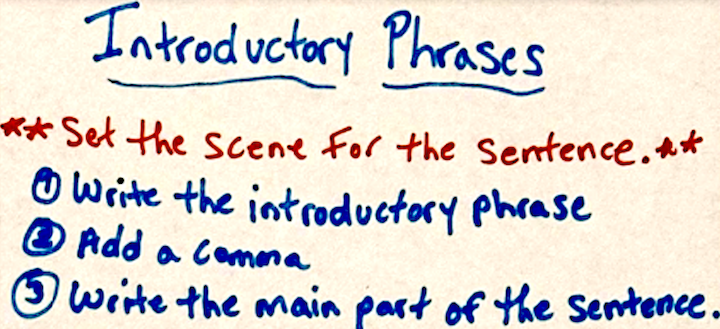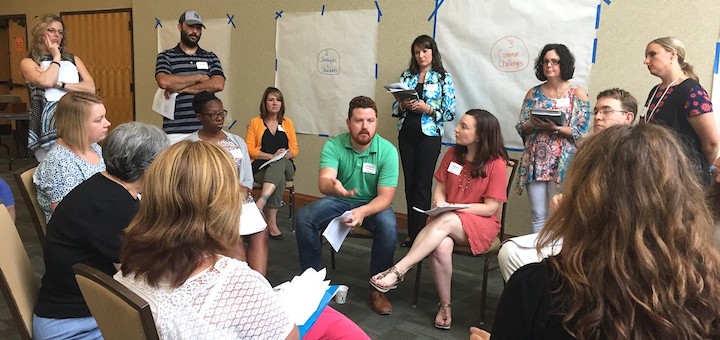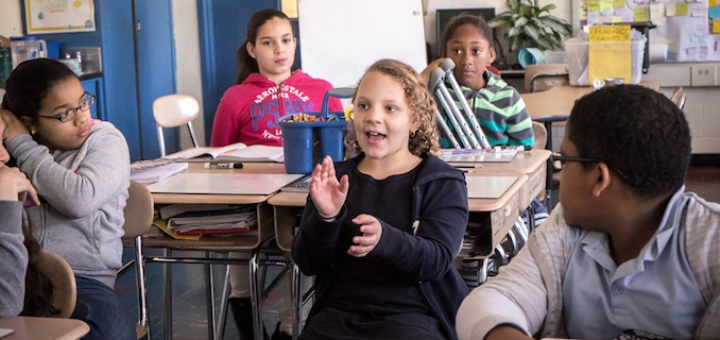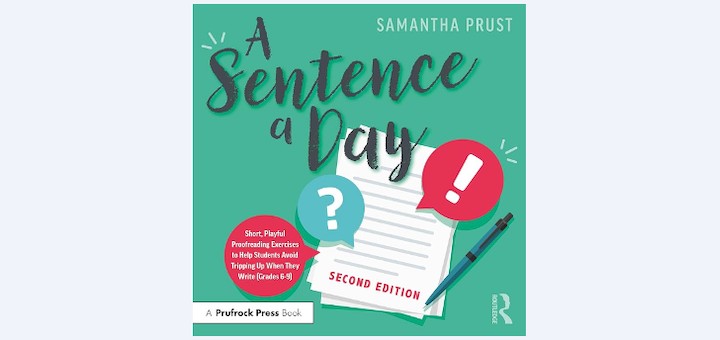Reading Aloud AS a Middle School Strategy
We want students to achieve in class and on tests, but we also want them to know how to use reading skills to enjoy reading. Reading aloud provides students with opportunities to experience success through thinking alongside their teachers and peers, writes Jennifer Sniadecki.



















